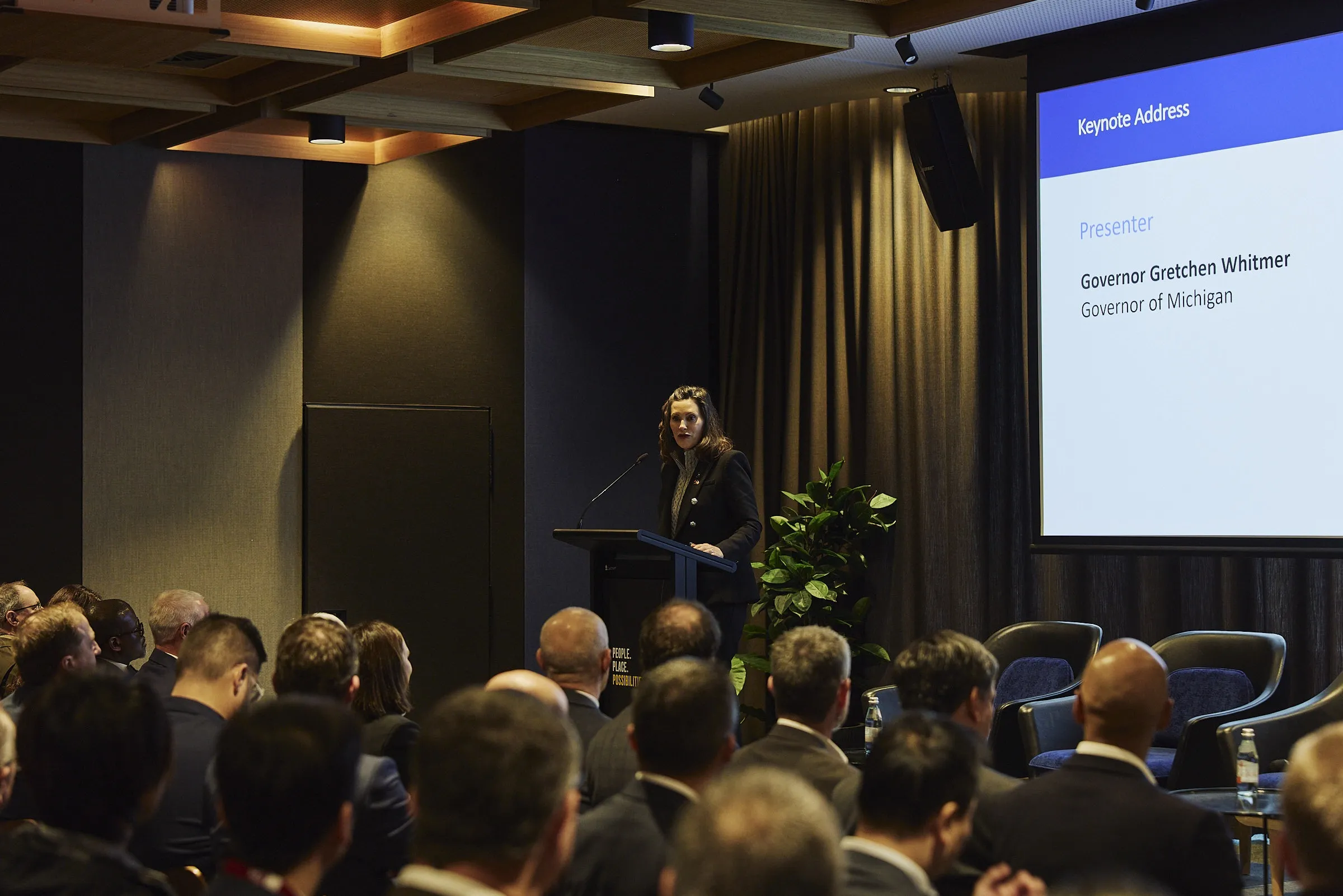Following discussions between China’s Henan province commissioner Jiao Jinmiao and Nigerian Cross River State Governor Ben Ayade, Chinese firm Henan International Cooperation Group is set to invest in major construction projects in Nigeria.
Among the planned investments are a power plant construction, warehouses, an industrial city for the manufacture of cars, car accessories and spare parts, and a distribution centre in the state. Plans to build ultra-modern infrastructures were also discussed.
Following discussions with Jiao Jinmiao to lead a delegation of over one hundred Chinese companies to the state with the aim of encouraging them to set up business there, the Cross River State Government has signed a memorandum of understanding (MoU) with some Chinese firms via China Machinery and Engineering Corporation (CMEC) with the aim of making the well-developed seaport of Calabar the first smart city in Nigeria.
Calabar port has become an increasingly attractive alternative to both Lagos and Port Harcourt ports which are prone to logistical difficulties and severe congestion. It is easily accessed and can serve as an import and export processing centre for the whole of eastern Nigeria. Calabar’s airport is only a 15-20 minute drive from the port.
Chinese companies to invest in Nigerian smart city
Following discussions between China’s Henan province commissioner Jiao Jinmiao and Nigerian Cross River State Governor Ben Ayade, Chinese firm Henan International Cooperation Group is set to invest in major construction projects in Nigeria.
November 24, 2015
Read time: 2 mins








